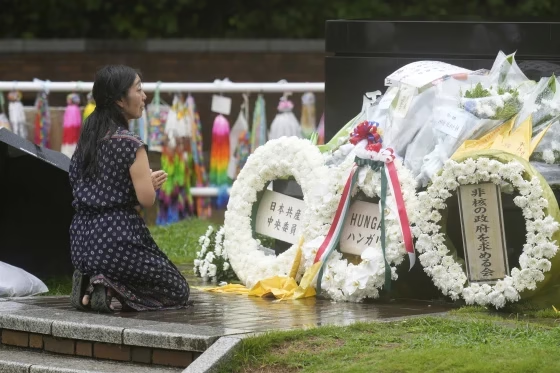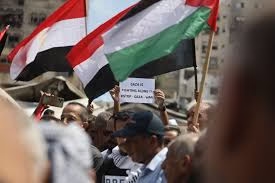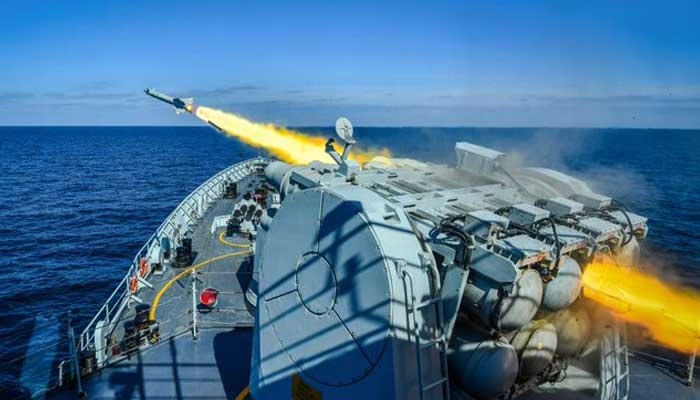Nagasaki is commemorating the 80th anniversary of the U.S. atomic bombing, with survivors vowing to make their city the last place on Earth to suffer such devastation. Despite enduring lifelong injuries, radiation-related illnesses, and discrimination, they remain committed to the goal of abolishing nuclear weapons—though many now fear the world is moving in the opposite direction.
The plutonium bomb dropped on Nagasaki on August 9, 1945, killed around 70,000 people, three days after the Hiroshima bombing claimed 140,000 lives. Japan surrendered on August 15, ending World War II and its decades of aggression in Asia.
With the number of survivors now down to 99,130—average age over 86—there is growing concern about fading memories. Many of the youngest survivors were too small at the time to remember the event clearly. Teruko Yokoyama, 83, who lost two sisters to radiation-linked illnesses, said the absence of her fellow campaigners fuels her determination to preserve their stories. Her group is digitizing survivor accounts for YouTube and social media, enlisting the help of younger generations.
Nagasaki hosted a “peace forum” on Friday, where more than 300 young people heard firsthand testimonies from survivors. At Saturday’s ceremony, exactly 11:02 a.m.—the moment the bomb exploded—a bell will toll as participants observe a minute’s silence. Around 3,000 people, including delegates from 95 nations, are expected to attend at Nagasaki Peace Park, with Mayor Shiro Suzuki and Prime Minister Shigeru Ishiba speaking. The restored twin bells of Urakami Cathedral, destroyed in the bombing, will ring together for the first time since 1945.
While paying tribute, survivors voiced frustration over the rising global nuclear threat and Japan’s refusal to sign the Treaty on the Prohibition of Nuclear Weapons due to its reliance on U.S. deterrence. Nagasaki invited all nations to join the ceremony, but China declined without explanation.
Last year’s commemoration drew controversy after the absence of U.S. and Western envoys, following the city’s decision not to invite Israel.



